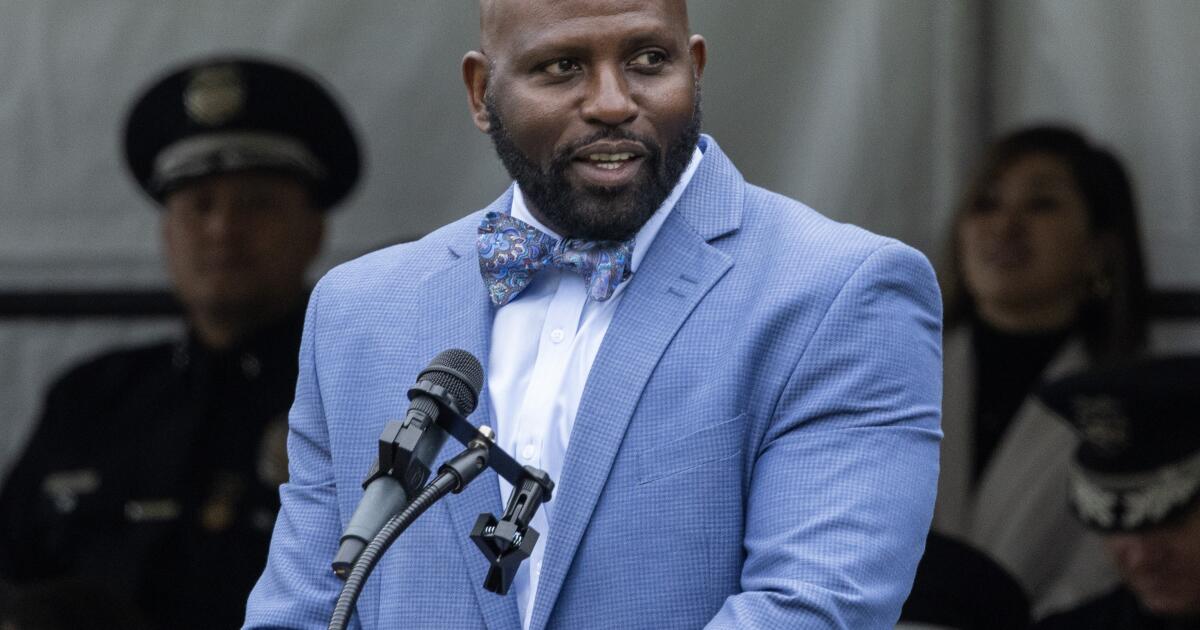Tyler Cowen on Everything – Insights from Yascha Mounk’s Podcast
In a recent episode of Yascha Mounk’s podcast, "The Good Fight," notable economist and cultural commentator Tyler Cowen shared insights on a range of topics, from the implications of artificial intelligence (AI) and economic conditions in various global regions to the future of scientific progress and demographic trends. This discourse offers valuable perspectives on today’s pressing issues.
The Evolution and Impact of AI
One of the primary subjects discussed was the rapid evolution and potential impact of AI technologies. Cowen suggested that while AI’s development has thus far been impressive, its broader influence on institutions and society may take time to materialize. He noted that technologies like ChatGPT have demonstrated exceptional capabilities in specific domains, outperforming humans in tasks like medical diagnosis and some legal interpretations. However, the integration of AI into established institutions remains challenging.
Cowen emphasized the importance of adapting to AI rather than fearing it. He argued that people must embrace change, suggesting that those who can effectively harness AI tools will significantly enhance their productivity. His point resonated particularly with younger individuals contemplating their career paths in a world increasingly influenced by AI.
Economic Predictions for Regions Around the World
The discussion also delved into the economic futures of Europe, Asia, and Africa. Cowen expressed concern regarding demographic trends, particularly the declining birth rates in many developed nations, which could lead to stagnation and other long-term economic challenges. He highlighted that, while decreased population can have some environmental benefits, the overall reduction in human capital, creativity, and economic sustainability poses severe risks.
In terms of America’s relationship with China, Cowen advocated for a cautious yet strategic approach. He acknowledged the geopolitical complexities, asserting the necessity for the U.S. to prepare and support Taiwan amid rising tensions. Such dynamics illustrate the complicated interplay between economics, national security, and global governance.
Scientific Progress and Structural Challenges
On scientific advancements, Cowen expressed both optimism and caution. He praised recent breakthroughs in biomedicine, particularly in developing effective vaccines, asserting that the field has seen remarkable progress. However, he lamented the bureaucratic constraints often impeding broader scientific inquiry, calling for a restructure of academic and scientific institutions to encourage more innovative and impactful research.
Cowen pointed out that while some sectors experience rapid advancements, others have stagnated. His view underscored a critical need for a more nuanced understanding of where and how scientific progress occurs, which is essential for policy-making.
Demographic Trends and Their Implications
The conversation turned to demographic shifts, particularly in developed nations. Cowen stressed that declining birth rates raise challenging questions about the future workforce and sustainability of social programs. While some view these trends as beneficial for the environment, Cowen cautioned that fewer people may lead to reduced happiness, innovation, and economic resilience.
He noted that as populations decline, governments could face unsustainable budgetary pressures, highlighting the potential for a financial crisis if current trajectories continue unchecked. This aspect of the conversation is particularly relevant for policymakers grappling with public finances in the face of demographic changes.
Cultural Reflections on Professional Identity
Cowen and Mounk’s dialogue also touched on the broader cultural implications of AI on personal and professional identities. As individuals who heavily identify with their professions—such as writing or academia—both acknowledged the dislocation that new technologies could cause in job satisfaction and self-perception. Cowen urged professionals to embrace adaptability, suggesting that networking and interpersonal skills will become more critical as AI continues to transform job functions.
Final Insights
In summary, Tyler Cowen’s conversation with Yascha Mounk offered a multifaceted view of the current global landscape, addressing the intertwined issues of technology, economy, demographics, and science. His optimism regarding specific advancements, coupled with cautious awareness of potential pitfalls, provides a balanced perspective for navigating the complexities of today’s world.
As listeners reflect on these discussions, they are reminded of the profound changes ahead and the importance of remaining adaptable and aware of the socio-economic shifts transforming our daily lives. Cowen’s insights serve as a guide for individuals and leaders alike, underlining the necessity for thoughtful engagement with the evolving challenges and opportunities presented by our modern era.










